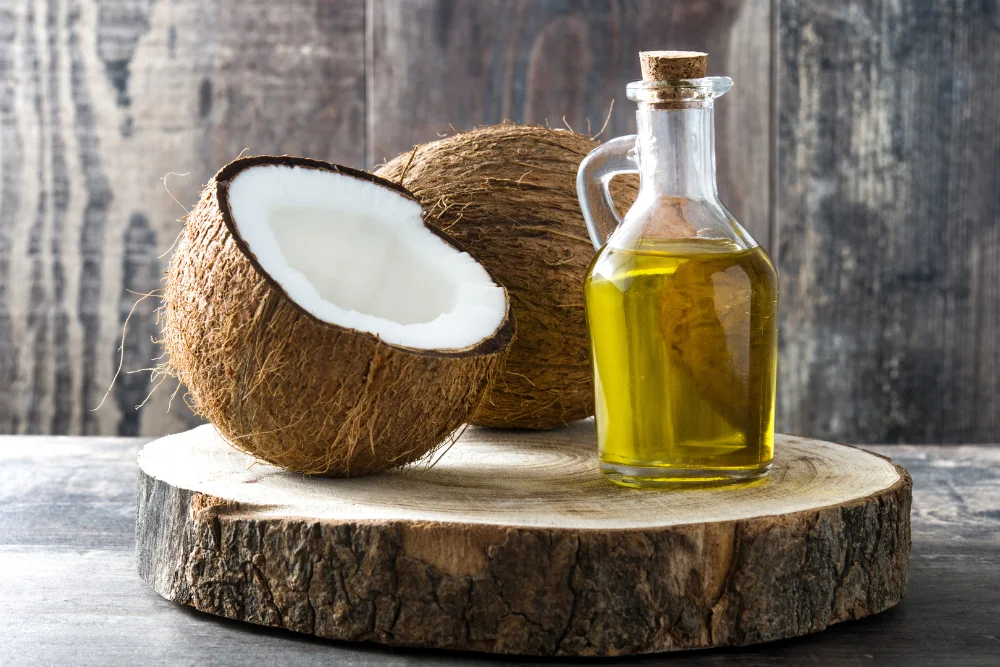Oil pulling, an ancient Ayurvedic practice, has gained popularity in recent years as a natural remedy for improving oral health. Advocates claim that swishing oil in the mouth can help remove toxins, reduce bacteria, and promote healthier teeth and gums. But is oil pulling truly beneficial, or is it merely a passing trend? In this blog post, we’ll explore the potential benefits of oil pulling for oral health and examine the scientific evidence behind this practice.
What is Oil Pulling?
Oil pulling involves swishing a tablespoon of oil (commonly coconut, sesame, or sunflower oil) in the mouth for 15-20 minutes before spitting it out. Proponents believe that this process helps “pull” toxins and bacteria from the mouth, leading to fresher breath, whiter teeth, and improved oral hygiene.
Potential Benefits of Oil Pulling
Reduction of Harmful Bacteria
Some studies suggest that oil pulling can reduce the levels of harmful bacteria in the mouth, including Streptococcus mutans, which is a major contributor to tooth decay.
Improved Gum Health
Oil pulling may help reduce gingivitis (gum inflammation) and promote healthier gums by reducing plaque buildup and inflammation along the gumline.
Fresher Breath
By eliminating bacteria and toxins from the mouth, oil pulling may contribute to fresher breath and improved oral odor.
Scientific Evidence
While anecdotal evidence and some small-scale studies support the potential benefits of oil pulling, more research is needed to conclusively validate its effectiveness. The existing scientific literature on oil pulling is limited, and larger, well-designed clinical trials are necessary to establish its efficacy and safety definitively.
Incorporating Oil Pulling into Your Oral Care Routine
If you’re interested in trying oil pulling as part of your oral care routine, consider the following tips:
- Use high-quality, organic oil such as coconut or sesame oil. You can also find some blends from different brands of Oil Pulling at specialized stores.
- Start with a small amount of oil and gradually increase the duration of swishing as tolerated.
- Spit the oil into a trash can rather than a sink to avoid clogging pipes.
- Remember that oil pulling should complement, not replace, regular brushing, flossing, and dental check-ups.
Conclusion
While oil pulling has gained popularity as a natural oral hygiene practice, its benefits remain a subject of debate among dental professionals and researchers. While some individuals may find oil pulling beneficial as part of their oral care routine, more robust scientific evidence is needed to fully support its efficacy. As with any alternative therapy, it’s essential to consult with your dentist before incorporating oil pulling into your dental regimen and never use it as a replacement for regular brushing, flossing, and dental check-ups.
Stay tuned for more informative posts on maintaining optimal oral health!

